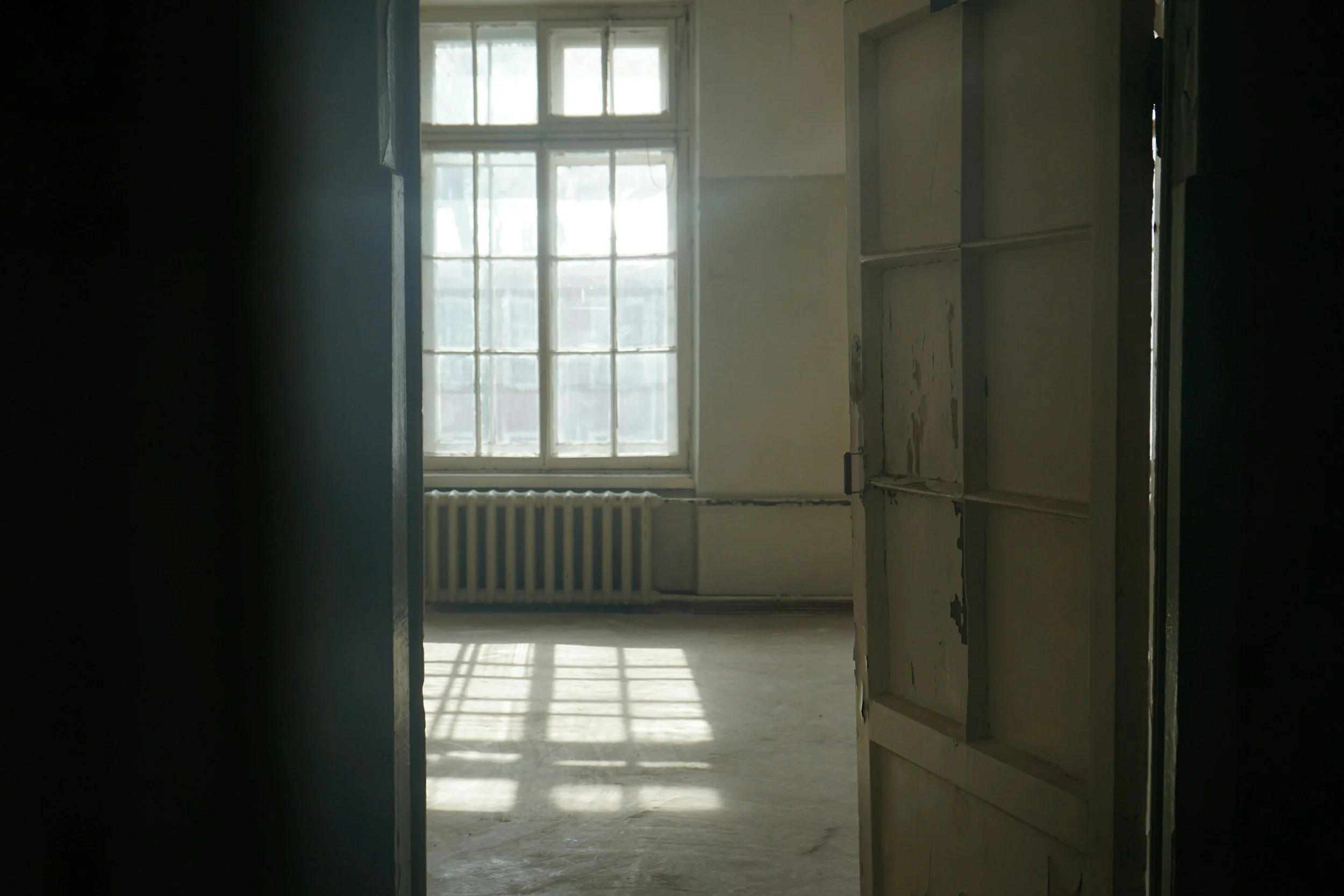Renting As a Single Person
We are facing a crisis that remains largely unspoken about and one that could be putting many women at risk. What crisis? The single-person housing affordability crisis, which is seeing many women not being able to afford to live in single-occupancy homes. The options available to women are dire: getting into debt to afford the high rates of rent, getting a second job, taking in a lodger or even staying in a relationship to afford housing.
“Housing charities define a home as unaffordable if the rent takes up 30 per cent or more of a household’s earnings” and average rent in the UK for private sector renters is around £868 or for social sector renters around £442 (source Average Rent in the UK 2021 | NimbleFins ). The average income of a full-time worker before tax and other deductions is around £29,600 (source Average Salary and Wage (UK 2021) | Jobted UK ) which I worked out to be around £1400 per month as take-home wage; this means, based on housing charities definition of an unaffordable home being any rent costing over £467 per month.
At the age of 36, my long-term relationship broke down and I needed to find myself (and my dog) somewhere to live. I work in a full-time role, not too far away and wasn’t too worried about paying the rent on a property. When searching, though, many properties had rents of £550 or above, and I knew that I couldn’t afford them.
In the end, I managed to find a property through a housing association which required me to undertake a credit and affordability check, a deposit and the first months rent being paid before I could move in. I worked out my income and expenses every month and, as much as I thought I could afford to live alone, it was leaving me with little left at the end of each month.
Here’s a breakdown of my costs:
Rent - £490
Council Tax - £156.89
Gas - £54
Electricity - £50
Water - £25
Car Insurance - £58
Fuel - £30
Food/Cleaning Products/personal Care - £120
Phone - £68
T.V License - £13.37
Pet food/Care - £35
The total of my bills comes to £1118.26 per month, my take-home per month, £1200 which leaves me £81.74 disposable income. I had no outgoings for clothes, socialising or for broadband, these I saw as things that were a luxury and that I couldn’t afford so didn’t need. My phone bill is a bit high, but that included a new handset and unlimited data which, before COVID, I could get by on.
Based on the charity definition of unaffordable housing, my rent is 40.83% of my income and should be classed as unaffordable rent. In theory, based on the charity definition, my rent should, realistically have been around the £400 mark which would have given me around £172 disposable income per month.
The knock-on effect of my rent being so much of my monthly take-home was that I suffered with anxiety and stress with a constant worry about money. I dreaded something happening to my car, my washing machine, cooker or my dog. I avoided going out as I felt that it was too expensive, and I even started to apply for part-time jobs that I could do in the evenings after finishing my day job so that I could make ends meet.
One option that a friend suggested was moving to a HMO – house of multiple occupancy, but another of my friends had some bad experiences happen to her while she was living in a HMO, and I didn’t want to put myself at risk.
Recently, I met my fiancée, and he moved in with me, now we share the cost of living equally so I have more disposable income and can build up my savings again. Yet, what makes me angry is there are women out there, living alone or who have children, and who are still struggling, each and every day with making ends meet financially as a big chunk of their salary is being taken up by the cost of rent. We are conditioned to accept that if we want to live somewhere then rent is just one of life’s expenses.
From my own experience of living alone I really do feel that something should be done about the cost of rent, especially in social sector housing, where maybe, they should start looking at what a person’s income is and basing the rent on a third of that as a starting point.
Written by Suzi Tench
Suzi has a degree in Photographic Art, works as a Payments Officer, is a part-time blogger, loves colour and her dog Roxy.






